With the audit window closed for many year-end reporting entities, now is the time to implement process changes for your next annual audit. Implementing key changes while a financial statement audit is not in progress can be instrumental in helping future audits to run more efficiently and save time for accounting teams.
What are areas to focus on now to help ensure your next financial statement audit will be a smooth and efficient process?
- Implement a month-end close checklist. When developing this checklist, carefully review any audit adjustments that were made last year to ensure those entries are incorporated into your month-end and year-end close processes. Keep this checklist top of mind as your business expands and evolves, this checklist will likely need to be a working document. Your auditors can also provide guidance in developing this checklist so that it will align closely with the annual audit documentation request list, helping to eliminate any “surprise” audit requests.
- Treating each month-end close as a trial run for year-end close will help to identify any holes in the close process that need to be adjusted before it is audit season. Use the same workpapers for each month-end close that are provided to your auditor after the year-end close so that you don’t have to reinvent the wheel. Practice makes perfect.
- Review data needed for key estimates. Some key estimates we frequently see include:
- Unearned commission and service revenues,
- Estimate for loss and loss adjustment expenses,
- Allowance for credit losses, and
- Valuation allowance on deferred tax assets.
If any of these key estimates were a pain point during the audit last year, make time now to hone in on these estimates to make any changes that are needed in determining how these estimates are calculated.
- Streamline reporting with other departments. Finalizing the accounting records requires a great deal of information and reporting from other departments. Look for opportunities to strengthen these processes with other departments during the month-end close process to ensure that accurate and timely information is available to be used in the accounting records.
Having an efficient audit can alleviate pain points for your company, and also help to keep audit fees as low as possible. For more information on how we can help you with your biggest audit challenges contact Daniel Bringhurst at dbringhurst@larsco.com, or call 801-313-1900.
Daniel Bringhurst is an audit partner at Larson & Company. He specializes in audits for captive insurance companies, MGAs, and middle market companies. He is the firm subject matter expert on due diligence processes and the leader of our Captive Insurance Practice Group.
LinkedIn

.png)



